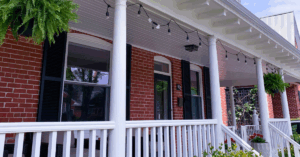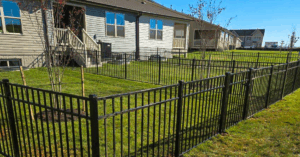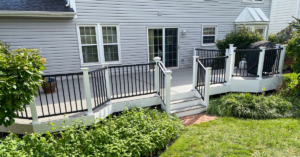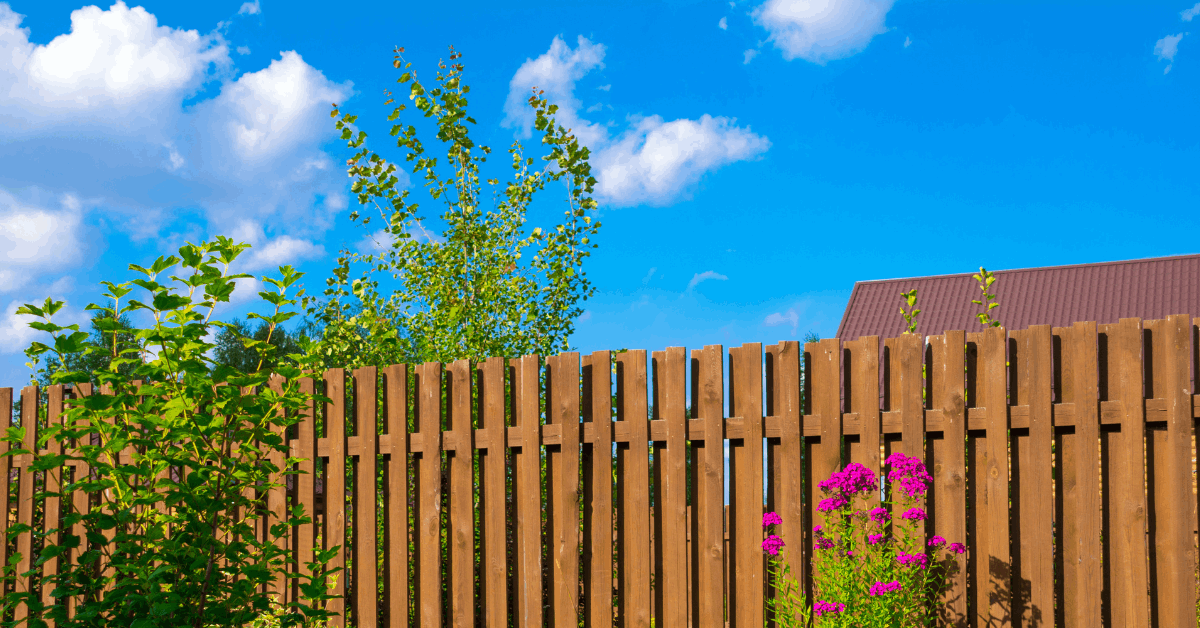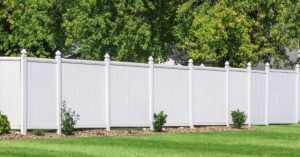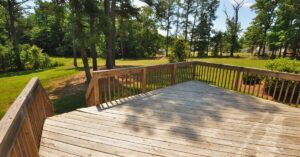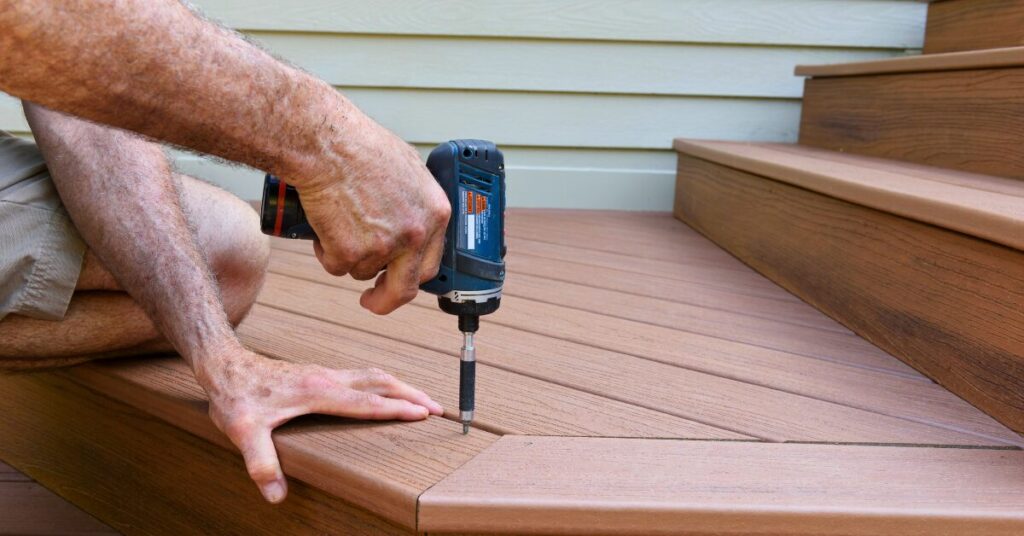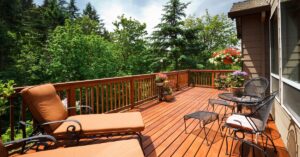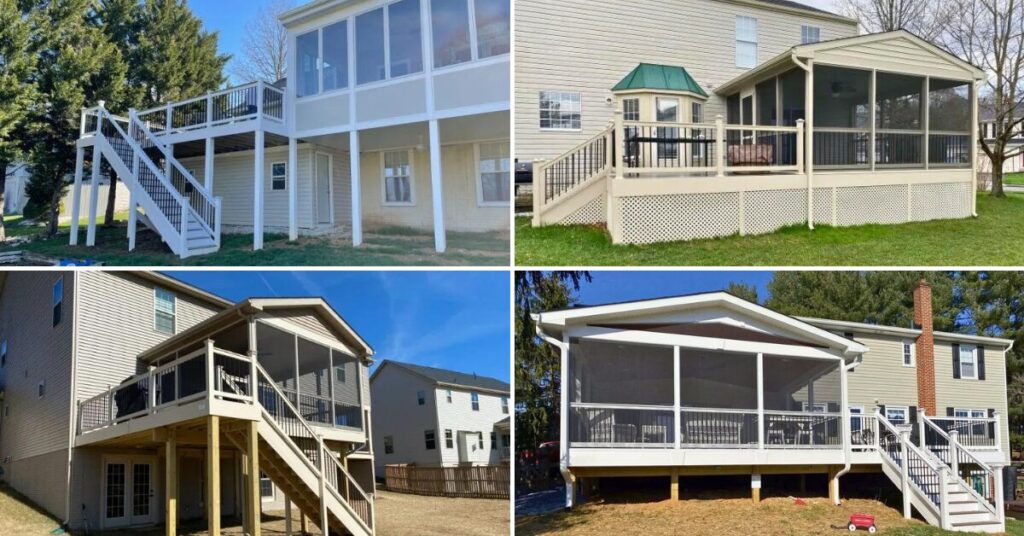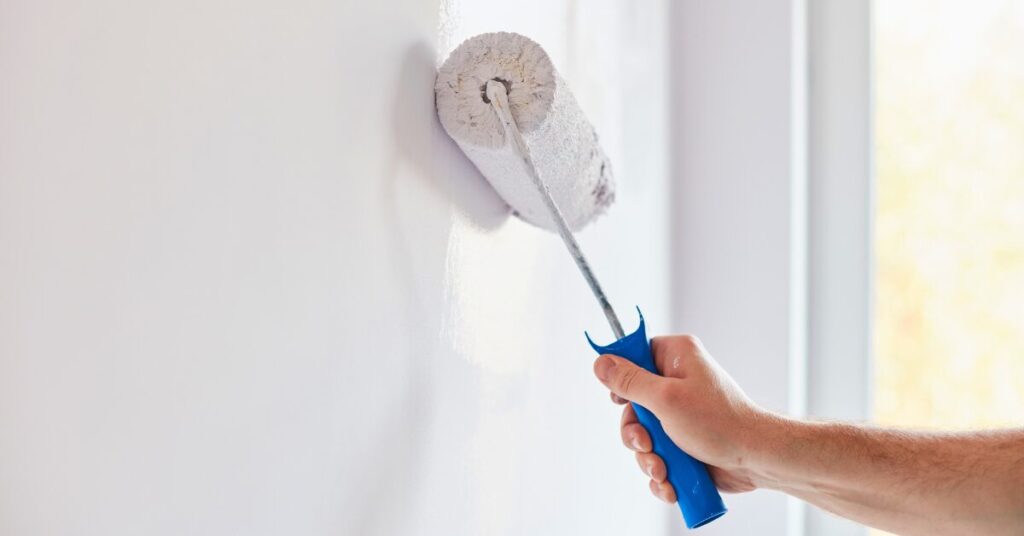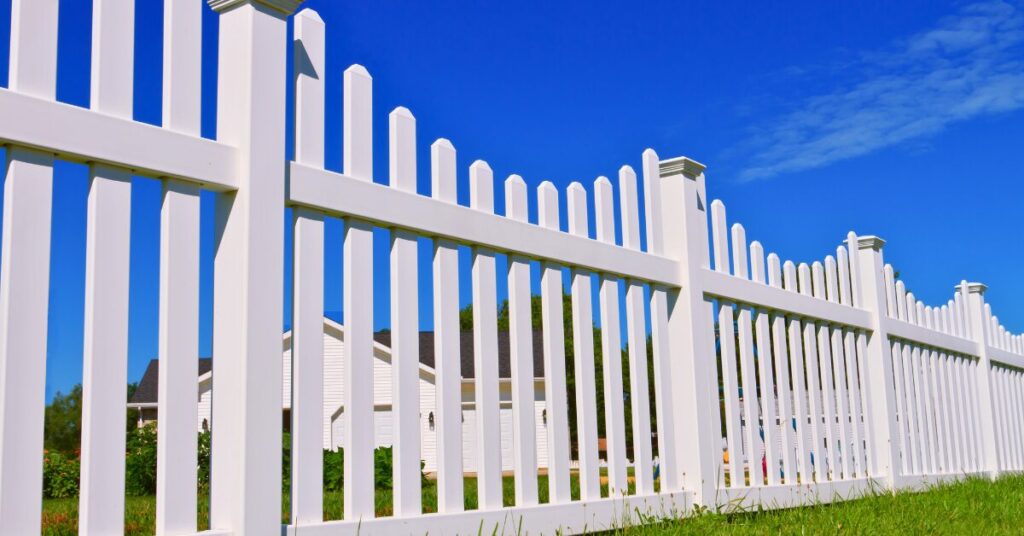
 See if composite decking is the type of decking you want.
See if composite decking is the type of decking you want.More homeowners are opting for composite decking every day. It’s comprised of recycled plastic and wood waste, and it is a low-maintenance decking option that is good for the planet. On top of that, composite decks are getting better at replicating the appearance of other flooring options. Composite decking has its benefits and its shortcomings, so you need to give the idea some thought before you go through with an installation. See if composite decking is the type of decking you want.
Pros
Contrary to wood, composite decking doesn’t have to be stained or sanded. All you have to do is use soap and water to clean it off every now and then. This makes it a low-maintenance choice for flooring. Composite decking is also great for the environment. Manufacturers use plastic waste to make these decks, which would go into landfills otherwise. Recycled wood waste also gets used. This way, no more trees have to be taken down to build these decks. Composite decks also have a longer lifespan than wooden decks, meaning they last longer before finding their way into landfills.
Cons
Composite decking doesn’t strain you as much because of its low-maintenance nature, but it does strain your wallet a little more. These decks are roughly 50% more expensive than wooden decks. It is a trade-off, however. While you pay more money upfront, the maintenance costs start to pile up over the years, and eventually, they will outweigh the money you spend investing in composite decking. You can get composite decking in all sorts of grades, and depending on the type of material you use, your cost will change.
Composite decks are heavier than their wooden counterparts, and they’re also not as strong. This means that you have to get a stronger frame to compensate for the difference in strength. Many manufacturers say you should use 16 inches on center if you’re framing for straight runs and 12 inches on the center for any diagonal runs. While composite decks are not structural products, they do tend to be installed over a frame comprised of pressure-treated lumber. If you use cooking grease, you run the risk of staining your deck, and using hot coals means you can melt the plastic. Something you need to remember is that boards that are attached using hidden fasteners are more difficult to replace.
Contact Albaugh & Sons
Since 2003, Albaugh & Sons, LLC, has been dedicated to meeting the fencing, decking, and home remodeling needs of homeowners throughout the greater Frederick area. All of our team members are experienced, well-trained, and committed to exceeding the expectations of every customer.
Visit our website here, and follow us on Facebook, Twitter, Pinterest, and YouTube.

Customer Testimonials
We could talk all day about the happy homeowners we’ve provided renovations for, but the real measure of merit lies in customer reviews. See what people are saying about Albaugh & Sons.

